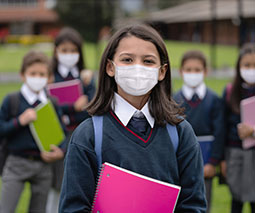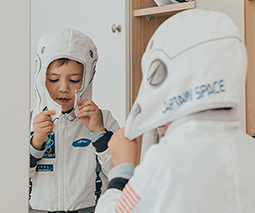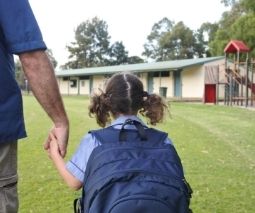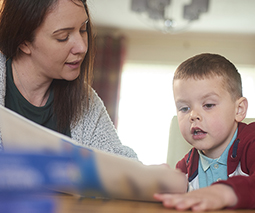How a child’s birth date can put them at risk of ADHD misdiagnosis

A US study confirms that kids who are the youngest in their class are more likely to receive an ADHD diagnosis and it’s a trend we see locally too.
A US trend
The Harvard Gazette reports that American children born in August are 30 percent more likely to receive an ADHD diagnosis when compared with their slightly older peers enrolled in the same grade. In the states, a 1 September birthdate is the cut-off date for school enrolment, making kids born in August the youngest in their class.
The Harvard Medical School researchers’ findings were published in The New England Journal of Medicine.
“Our findings suggest the possibility that large numbers of kids are being over-diagnosed and over-treated for ADHD because they happen to be relatively immature compared to their older classmates in the early years of elementary school,” said Harvard Medical School’s Timothy Layton, the study lead author.
The rate of ADHD diagnosis has skyrocketed in the US. By 2016, five percent of kids were being medicated for it.
“The rise is fuelled by a combination of factors,” the Harvard Gazette reports, “including a greater recognition of the disorder, a true rise in the incidence of the condition and, in some cases, improper diagnosis.”

A local trend
Is this tendency for the youngest in the class to be more likely to be diagnosed with ADHD happening in Australia too? It seems the answer is yes.
In 2017 SBS reported Curtin University researchers looked at WA kids aged six to 10 who were on ADHD medication back in 2013.
They found that those born in June – the last month of a recommended school year intake – were around twice as likely to have received ADHD medication than those born in the previous July.
A global trend
Curtin University then cast the net wider. They reviewed 17 studies covering more than 14 million children from the US, Spain, Canada, Finland, Germany, Netherlands, Iceland, Israel, Norway, Sweden, Taiwan and Australia.
Their findings showed that this trend is happening across the globe – it’s more common for the youngest children in a classroom to be diagnosed (or possibly misdiagnosed) with – and medicated for – ADHD.
“It appears that across the globe some teachers are mistaking the immaturity of the youngest children in their class for ADHD. Although teachers don’t diagnose it, they are often the first to suggest a child may have ADHD,” lead author of the study, Dr Martin Whitely said.
Rethinking school commencement
These global findings suggest a more careful approach to ADHD diagnosis is needed, coupled with a rethink of when individual children start school. Getting this right will result in much better outcomes for families.
“Mistaking perfectly normal age-related immaturity for ADHD is just one of many problems with the label. Children who are sleep deprived, bullied, have suffered abuse or have a host of other problems, often get labelled [as having] ADHD,” study co-author Professor Jon Jureidini of the University of Adelaide explained.
“Not only does this result in them getting potentially harmful drugs they don’t need, but their real problems don’t get identified and addressed.”
 Need some support to be the best parent you can be? Our Parent School parent coaching experts can help. Click to find out more or book a one-on-one session.
Need some support to be the best parent you can be? Our Parent School parent coaching experts can help. Click to find out more or book a one-on-one session.









